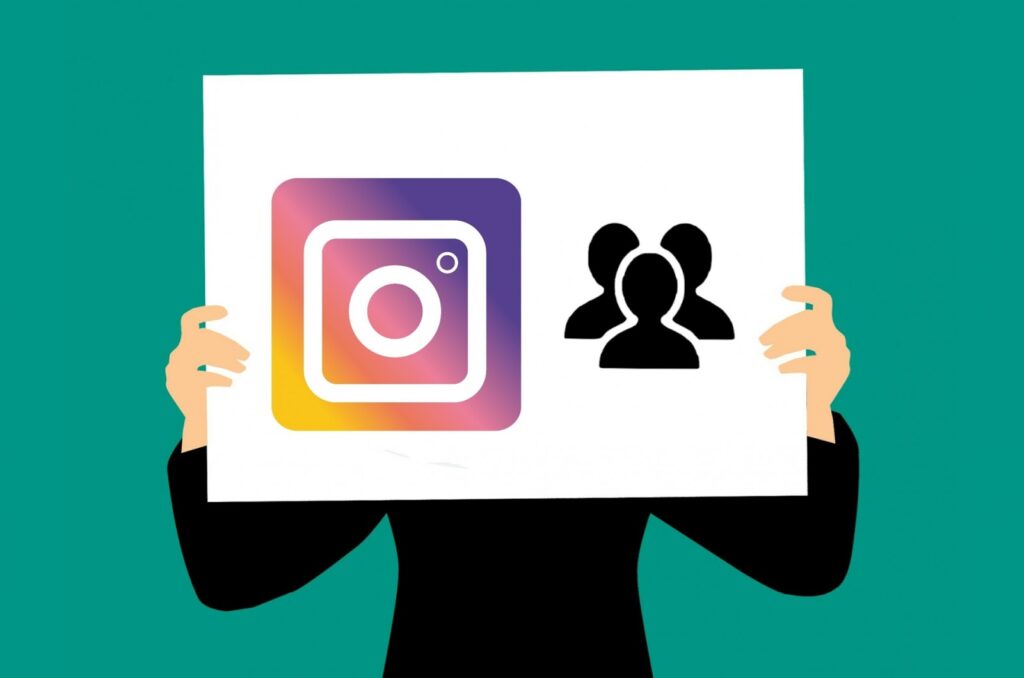Instagram likes continue to hold significant power in social media marketing, serving as a critical metric for engagement and influence. Despite the evolution of social media platforms and the introduction of various engagement metrics, likes remain a tangible symbol of popularity and approval. They are easily measurable and provide a straightforward way for brands and creators to gauge the effectiveness of their content. When a post garners a substantial number of likes, it signals to others that the content resonates well with the audience, creating a social proof effect. This social validation encourages further engagement, as users are more likely to interact with content that others have already deemed worthy of their approval. Content that receives higher engagement is often favored in user fees and can appear in the Explore section, amplifying reach and attracting new followers. This potential for virality incentivizes brands and influencers to create visually appealing and engaging content, which often leads to innovative marketing strategies.

Brands understand that generating likes is not just about the numbers; it reflects their ability to connect with their audience emotionally and creatively. Influencers with a high like count often have more negotiation power when it comes to brand partnerships, as their engagement rates serve as a barometer for their reach and zur website to gain more info. Brands are more inclined to collaborate with influencers who can demonstrate a strong connection with their audience, and likes are an easily accessible metric for assessing this. Additionally, the likes an influencer receives can enhance their perceived value and desirability for brands, further solidifying the link between social media engagement and marketing success. The psychological aspect of likes cannot be overlooked either. The instant gratification that comes from receiving likes feeds into the human desire for validation and recognition. This psychological reinforcement drives users to engage more frequently with content that generates likes, creating a feedback loop where brands are motivated to produce high-quality content that encourages interactions.
This dynamic plays a crucial role in shaping user behavior, fostering a culture where likes translate to success, both for individuals and brands. Furthermore, the advent of social media analytics tools has allowed brands to dive deeper into understanding the relationship between likes and their marketing efforts. This data-driven approach enables marketers to refine their strategies, tailoring content to better suit the interests and preferences of their target audience. As a result, the power of likes extends beyond mere numbers; they become a pivotal part of strategic decision-making in social media marketing. In conclusion, Instagram likes continue to wield considerable influence in social media marketing due to their role in engagement, visibility, and influencer credibility. They act as a universal metric for measuring success, fostering a sense of community and validation among users. As brands navigate the complexities of the digital landscape, understanding the power of likes is essential for creating impactful marketing strategies that resonate with audiences.